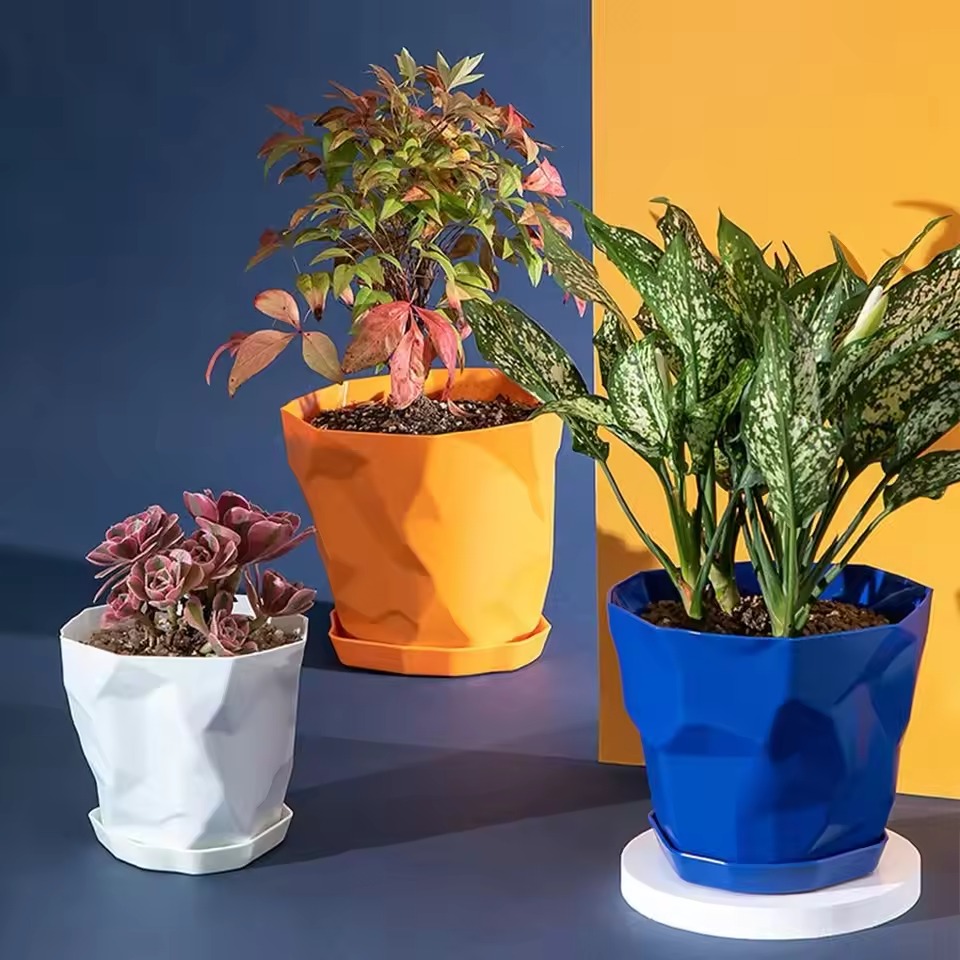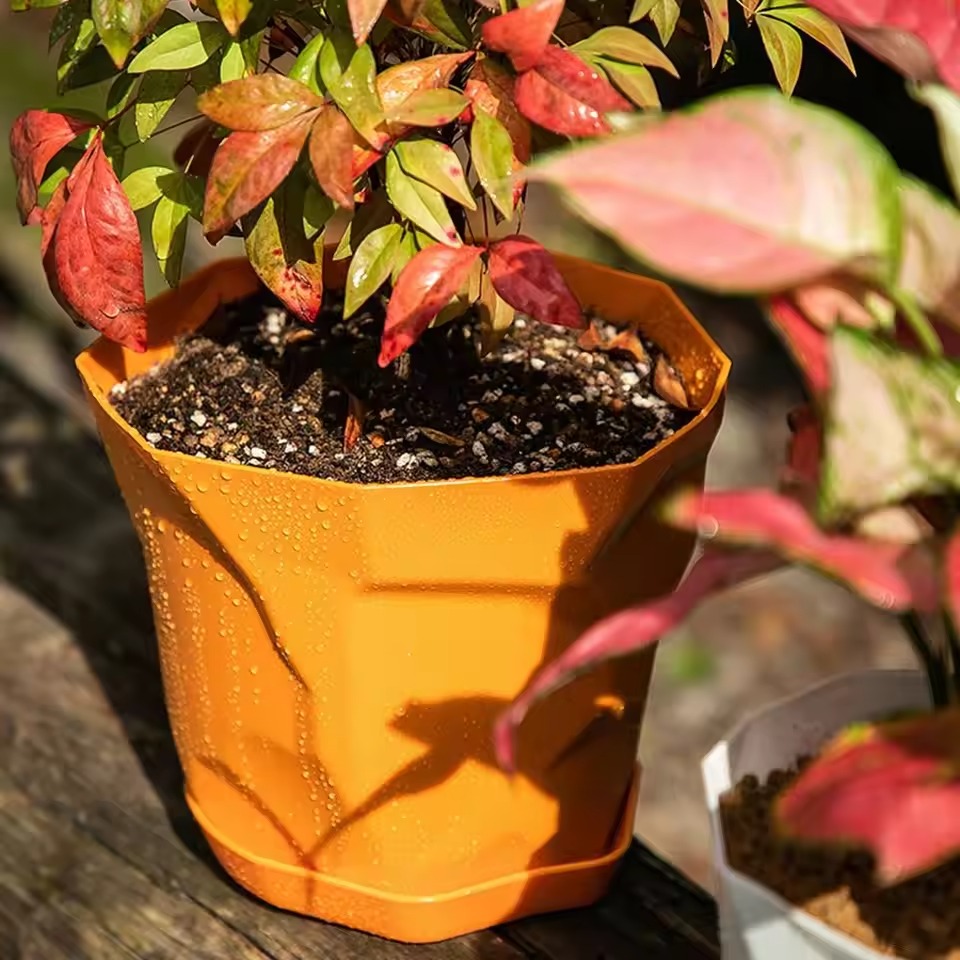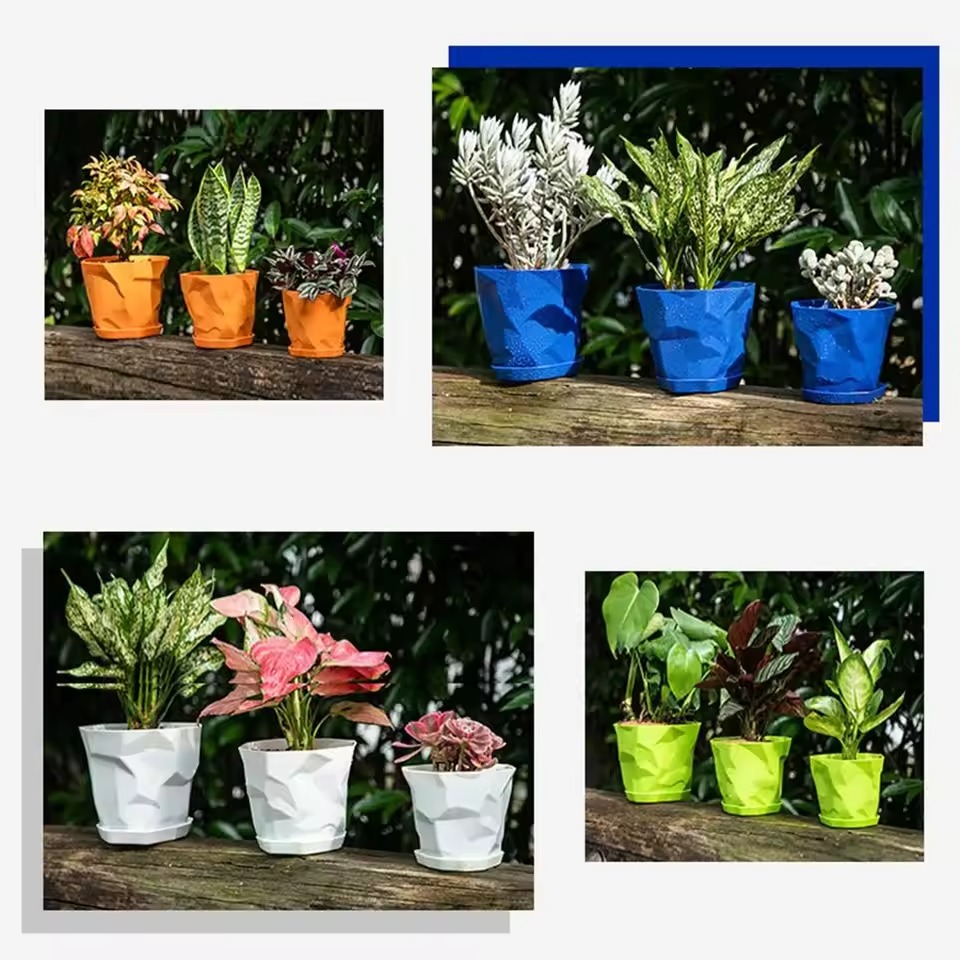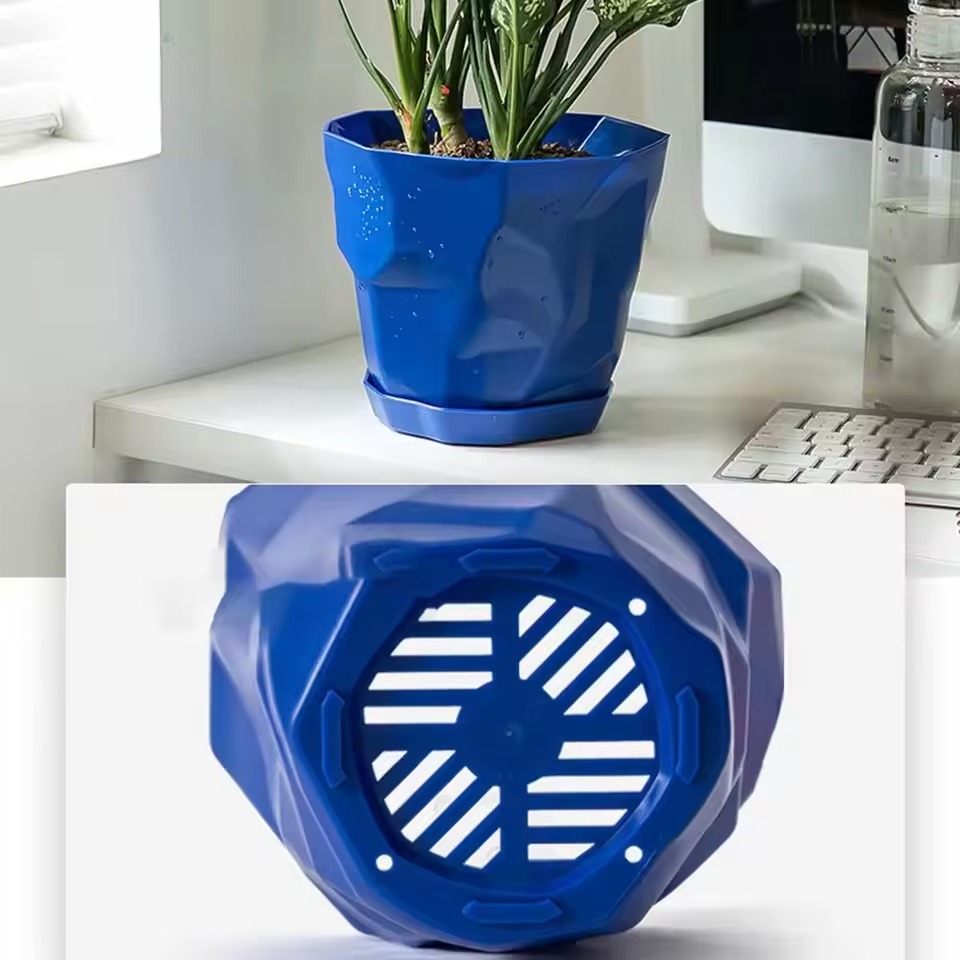Understanding Squirrel Behavior in Potted Plants
Understanding the motives behind squirrels digging in pots plants is crucial. It helps in finding effective deterrent methods.
Why Squirrels Dig in Potted Plants
Squirrels dig in potted plants mainly to store or search for food. They prefer the soft, fluffy potting soil which makes it easier for them to bury their stash of nuts and seeds. Unfortunately, this behavior can damage plants and disrupt the aesthetic of your garden. By recognizing this behavior, you can tailor your strategies to keep these critters at bay while maintaining the health and beauty of your potted plants.

Effective Natural Repellents for Squirrels
DIY Repellent Recipes
Creating your own squirrel repellent is easy and safe for your plants. One powerful recipe includes mixing two tablespoons each of black pepper and cayenne pepper, one chopped onion, and one chopped jalapeno. Boil these ingredients for 20 minutes. Then, strain and pour into a spray bottle. Use this spray around your potted plants to keep squirrels away. Remember to handle this mixture with care to avoid skin irritation.
Using Spices as Squirrel Deterrents
Spices like cayenne pepper and black pepper are excellent at keeping squirrels at bay. Simply sprinkle these spices around your plants. Squirrels dislike the strong smell and will steer clear. This method is easy and quick to apply, making it ideal for immediate results.
Benefits of Bone Meal and Coffee Grounds
Bone meal and coffee grounds are not only good for your plants but also act as natural squirrel repellents. Mix bone meal into your potting soil to enrich it and deter squirrels. Spread coffee grounds on the soil’s surface. These materials create an unpleasant environment for squirrels without harming your plants.
Strategies for Protecting Flower Pots
Keeping squirrels out of flower pots can be a challenge. Yet, with a few clever tricks, you can protect your botanical beauties.
Using Stones and Pebbles
A simple method involves layering stones or pebbles over the soil. This barrier deters squirrels from reaching the soft dirt to bury their food. The stones also add an aesthetic touch to your pots. Stick to a one-inch layer to avoid soil compression. Spices like cayenne, scattered among the stones, boost deterrence.
Incorporating Sharp Objects in Soil
Sharp objects in the soil can discourage squirrels from digging. Bamboo skewers or plastic forks, pushed into the dirt, create a prickly surface that squirrels avoid. Place them evenly for full coverage without harming your plants.

Tips for Deck Planter Squirrel Prevention
For those with deck planters, protecting your lush landscape from squirrels requires unique approaches. Let’s explore some non-toxic, plant-friendly methods to keep these pesky creatures at bay.
Creating Non-Toxic Sprays
Creating your own squirrel-repellent spray is both eco-friendly and effective. A popular recipe involves mint, garlic, and cayenne pepper. Simply muddle a bunch of mint, blend it with two tablespoons of garlic powder, and cayenne pepper. Pour hot water over this concoction and let it sit for a day. Once strained, it’s ready to use. Spray it on the leaves and soil to deter squirrels.
Another mix you can try includes black pepper, cayenne pepper, a jalapeno, and an onion. Boil these for about 20 minutes, strain, and spray around your plants. Be careful when applying, as these ingredients can irritate your skin and eyes.
Planting Deterrent Flowers
Consider planting flowers that squirrels dislike, like marigolds or nasturtiums. Their strong scents keep squirrels away from planters. You can either mix them into your planters or place potted deterrent flowers around your deck. This will not just repel squirrels but also beautify your space.
By integrating these tips with the physical and advanced techniques outlined earlier, you will fortify your garden against squirrels while keeping it naturally beautiful and thriving.
Physical Barriers for Squirrel Control
Creating physical barriers is an effective way to prevent squirrels from digging in your flower pots.
Using Chicken Wire and Plastic Wrap
Chicken wire can be molded over soil to stop squirrels from reaching your plants. Covering the soil’s surface with chicken wire prevents digging and protects bulbs. For smaller pots, plastic wrap can be used. Wrap it securely around the pot to create a barrier.
Alternatives: Bamboo Skewers and Forks
Bamboo skewers, when inserted into the soil, make it hard for squirrels to dig. Space them evenly across the pot for best results. Old forks can be stuck into the soil, tines up, to add another layer of protection. These create an uncomfortable surface for squirrels to step on, deterring their digging behavior.

Advanced Techniques to Keep Squirrels Away
Keeping squirrels away from your garden can be challenging. As they are clever and persistent, sometimes basic deterrents may not suffice. Here are some advanced strategies that employ clever use of technology and natural aversions to protect your potted plants effectively.
Ultrasonic Devices and Reflective Objects
Ultrasonic devices can be an effective way to discourage squirrels. These devices emit sounds above the human hearing threshold but are uncomfortable for squirrels. Position these devices around your garden for maximum effect. Reflective objects like mirrors, aluminum foil, or old CDs can also deter squirrels. They dislike the glare these objects produce. Placing them around your plants can keep squirrels at a distance. This bright and noisy environment discourages squirrels from entering your garden space.
Strategic Water Use
Using water can also be an effective strategy. A motion-activated sprinkler system surprises squirrels with a burst of water. This can discourage them from returning. Squirrels associate these watering areas with unpleasant experiences. Ensure the sprinkler system covers all corners of your garden to protect all your plants. This method is not only useful for keeping squirrels away but also doubles as an irrigation system.
Supplementary Methods to Distract Squirrels
Finding ways to keep squirrels away without harm is a challenge. Beyond repellents and barriers, distraction methods can work well.
Feeding Alternatives
Offering squirrels their own food sources can lure them away from your pots. Setting up a squirrel feeder in a distant part of your yard might do the trick. Fill the feeder with nuts, seeds, or squirrel food blends. Keeping it well-stocked means squirrels may prefer an easy meal over digging. Remember, this might attract more squirrels to your garden overall.
Adopting Pets as Deterrents
Dogs and cats can naturally scare away squirrels. A pet’s presence, their scent, and playful chasing, can keep squirrels at bay. However, they should be friendly and not harm the squirrels. If you already have a dog or cat, let them spend time in your garden. A pet’s curiosity can act as a natural patrol against squirrel invasions.
Plant Selection for Squirrel Resistance
Choosing the right plants can make a significant difference in your attempts to keep squirrels away. Some plants are naturally unappealing to squirrels due to their taste or odor. For instance, planting herbs such as rosemary, sage, and mint can help deter squirrels because they tend to avoid aromatic plants. Additionally, strong-smelling flowers like marigolds may act as natural repellents. By creating a squirrel-resistant garden through mindful plant selection, you can reduce the chances of squirrel infestations in your flower pots.
Companion Planting Techniques
Companion planting is a strategy that involves growing different plants in proximity for mutual benefits, including pest control. Certain combinations can help confuse or deter squirrels. For instance, planting deterrent crops alongside vulnerable plants may keep squirrels at bay. For example, mixing peppers with more attractive plants can create an unappealing environment for these critters. This technique not only preserves your flowers but also promotes biodiversity in your garden.
